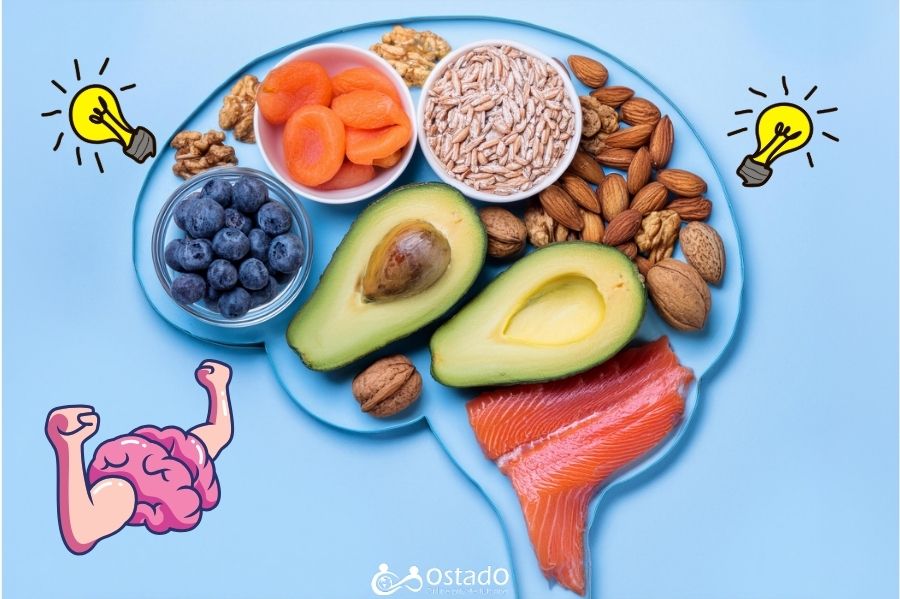We are what we eat. Our food choices not only influence our physical health but also play a significant role in our mental and emotional well-being. The significance of food intake is incredibly profound in childhood when the child is rapidly growing and developing.
Research studies show “statistically significant positive associations between dietary intake/behaviour and academic achievement.” Therefore, as parents, you should put extra thought into what you feed your children if you wish them to achieve academic excellence. But what kind of food does your child need to receive all the necessary nutrients? Let’s find out.
The 9 Best Brain Foods to Help Your Child Focus
1. Oily Fish
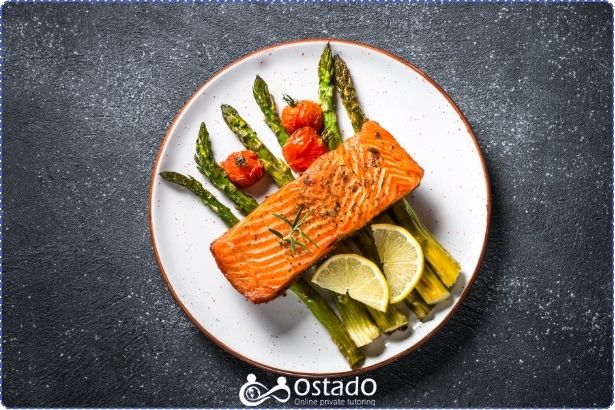
Oily fish are rich in Omega-3 fatty acids, which are the building blocks of the brain. DHA (docosahexaenoic acid) is one of these acids that reduces memory and reduces inflammation in the brain. Best oily fish examples include:
- Salmon: high in selenium and good for DNA synthesis and reproductive health.
- Mackerel: excellent source of protein, vitamins B2, B3, B6, B12, and vitamin D.
- Sardines: omega-3 fatty acids that increase grey matter and facilitate brain development.
You can serve grilled mackerel or salmon in a sandwich with whole grain bread to make this food more favourable to your child.
2. Blueberries
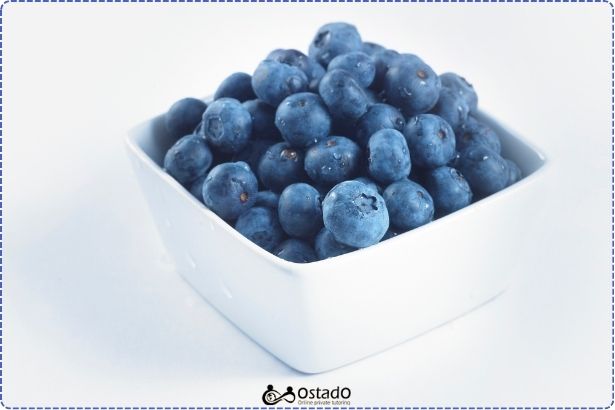
Blueberries contain antioxidants, especially flavonoids, which promote the growth of brain cells and prevent oxidative stress. A study by King’s College London also shows that participants who consumed blueberry powder in drinks “experienced better memory and an improved accuracy on attention tasks, as well as lower blood pressure.”
Blueberries are great snacks on their own, but you can also add them to a smoothie or mix them with oatmeal or yoghurt. You can also use them in a salad for a burst of flavour as well as brain power, whatever your child likes the most.
3. Leafy Greens
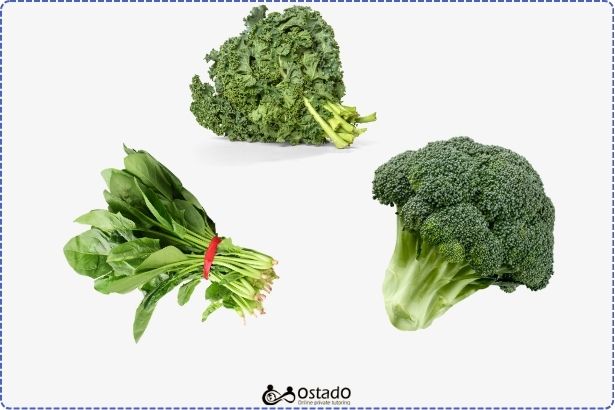
Dark vegetables such as spinach, kale, and broccoli are rich in vitamin K, lutein, and folate, maintaining overall brain function and preventing memory decline.
- Spinach: rich in iron, vitamins C and E, potassium, and magnesium.
- Kale: good sources of vitamin K, B6, copper, and manganese.
- Broccoli: contains kaempferol and sulforaphane.
Vegetables aren’t exactly your child’s favourite food, so you should use them as additives to their favourite food, such as omelettes or lasagna. Don’t forget that there are delicious recipes for vegetable soups you can try.
4. Nuts
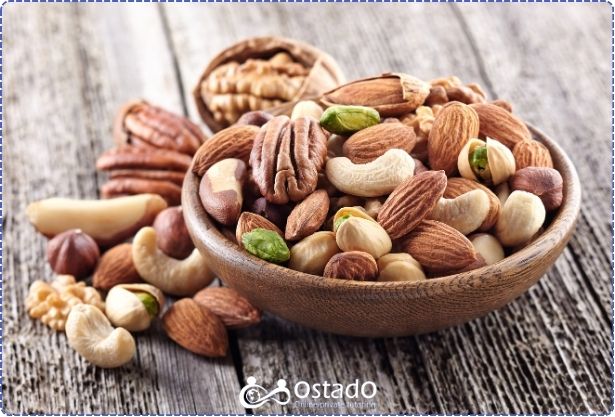
Nuts contain substantial amounts of vitamin E, magnesium, and zinc. The nutrients in the nuts can support memory and cognitive function. Regular nut consumption can improve focus.
Fortunately, most nuts are tasty, and children enjoy having them as snacks. You can treat them with a small bowl of nuts on their desk when they’re preparing for exams to show you care and to help their brain function better. The table below shows the benefits of delicious nuts that are good for the brain.
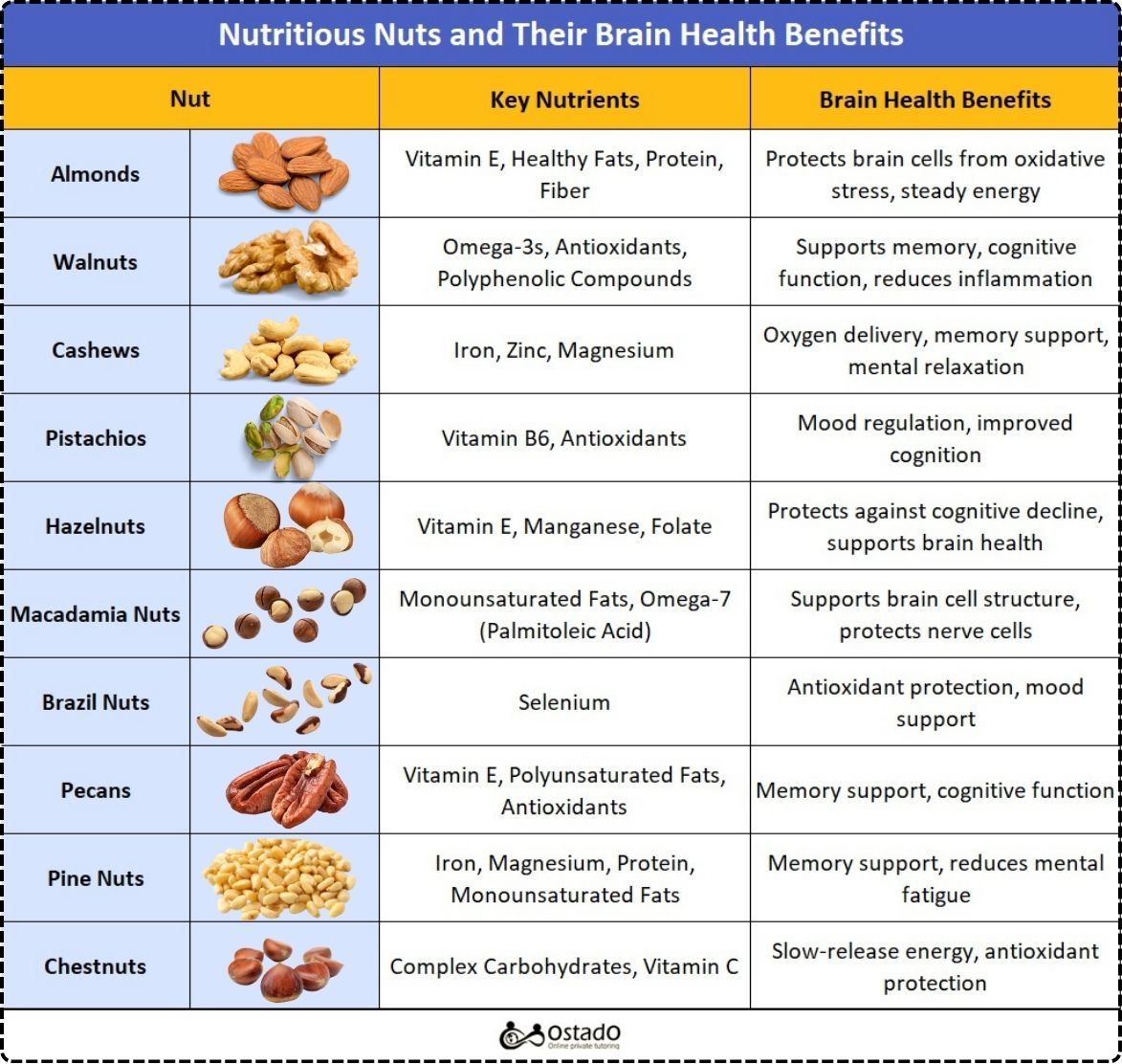
5. Eggs
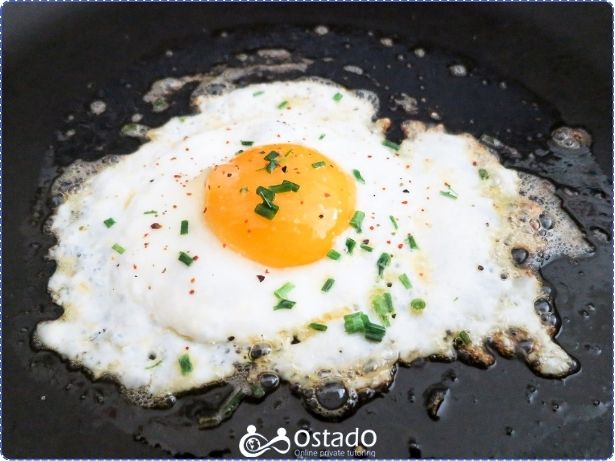
Eggs contain substantial amounts of choline. This nutrient is vital for a neurotransmitter called acetylcholine, which is involved in learning new information. Therefore, eating eggs can improve memory and cognitive performance, and they are an excellent nutrient for exam season.
Eggs are very useful in cooking and baking, and you have many options for serving them. Eggs make a great breakfast and give your child the nutrients they need to energetically start the day. Boiled eggs are also great snacks to have in a study break.
6. Pumpkin Seeds
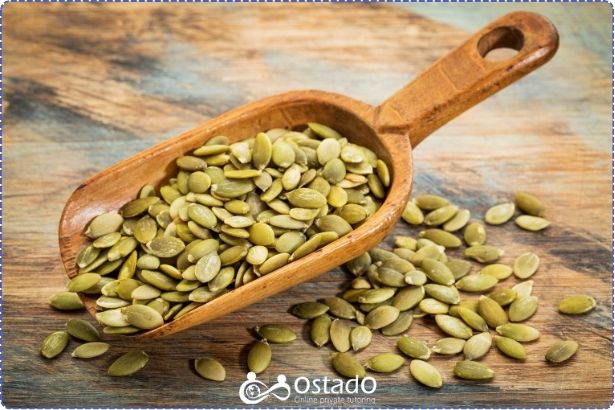
Pumpkin seeds contain polyunsaturated fats and antioxidants such as polyphenols and carotenoids. But more importantly, they’re rich in minerals such as magnesium, iron, and zinc, which can improve brain function. Magnesium supports memory, zinc enhances communication between brain cells, and iron ensures proper oxygenation of the brain.
You can sprinkle pumpkin seeds on top of salads or use them in baked food such as cakes, muffins or granola bars. Roasted pumpkin seeds with a bit of salt are tasty snacks that contain nutrients for your child during study breaks.
7. Oranges
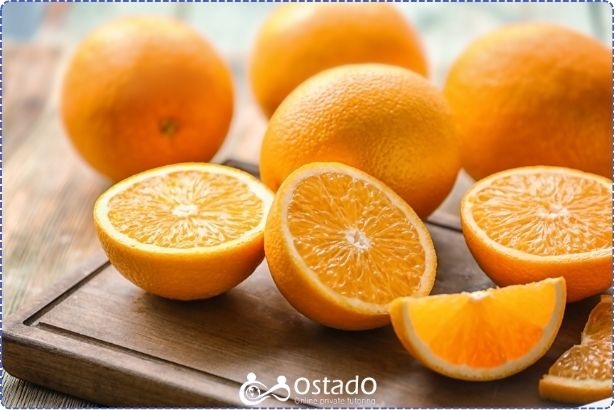
Oranges are packed with minerals and vitamins, especially vitamin C, an antioxidant that prevents cell damage. Not only are oranges good for memory, but they also have benefits such as forming blood vessels, muscles, cartilage, and collagen in your bones. Additionally, if you think your child is stressed out, oranges can limit the release of stress hormones.
You can pack some orange wedges in your child’s lunchbox, but nothing is like fresh orange juice in the morning after breakfast.
8. Whole Grains
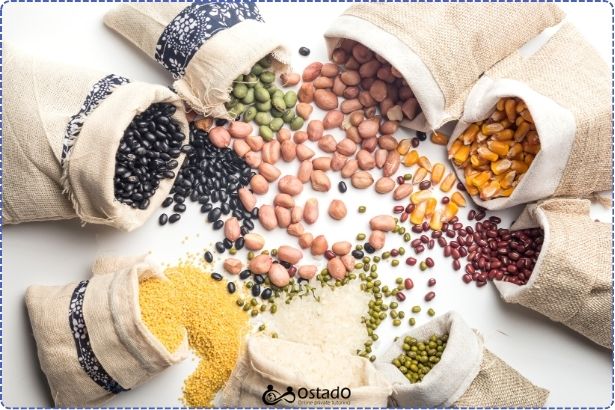
Whole grains comprise a considerable amount of our foods. They’re rich in glucose, which is the brain’s primary energy source. Whole grains contain slow-burning carbohydrates that help your child maintain mental alertness and concentration throughout the day. Moreover, other findings show whole grains “promote gut and heart health and keep your bowel movements regular.”
Whole grains are very useful in cooking the main courses. You can cook these 25 recipes with whole grains and keep the energy flowing in your child’s body.
9. Dark Chocolate
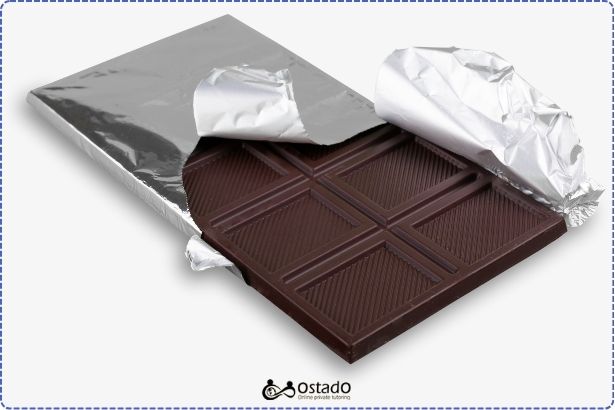
Dark chocolate is a fantastic booster for study sessions. It is rich in flavonoids, caffeine, and antioxidants, which improve mental alertness, enhance mood, and boost memory. But you have to go easy on the chocolate bar, or else it will make you or your child gain weight.
You can serve it with a cup of coffee or melt it over a cake to transform its taste. Be careful about the time your child eats dark chocolate. Eating dark chocolate at night can keep your child (and possibly you) awake and disturb your sleep.
Pro Tip for Maximum Exam Readiness
While being physically prepared for the exams is extremely important, you should consider the mental aspects of exam preparation as well. As parents, you can significantly influence your child’s self-esteem and confidence, and you can create a nurturing environment for them to thrive.
However, when it comes to providing expert advice, academic support, and educational feedback, you might feel lost and helpless in helping your teen. To ensure your teen has everything they need for success, you can hire GCSE tutors to help your child with their academic challenges, particularly when dealing with exam stress.

